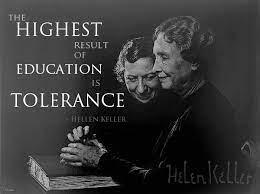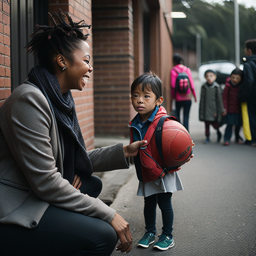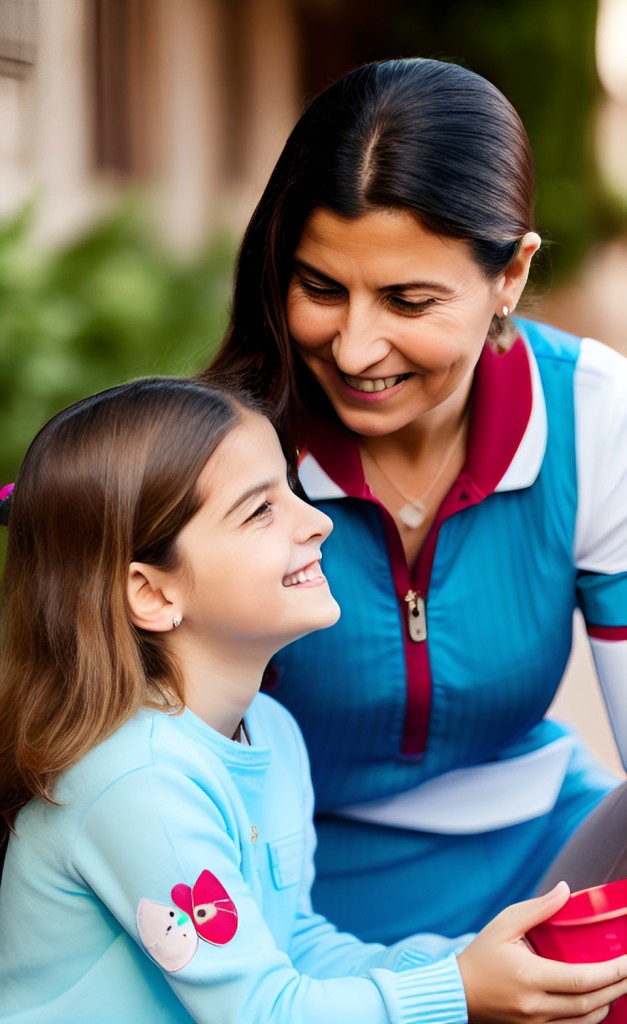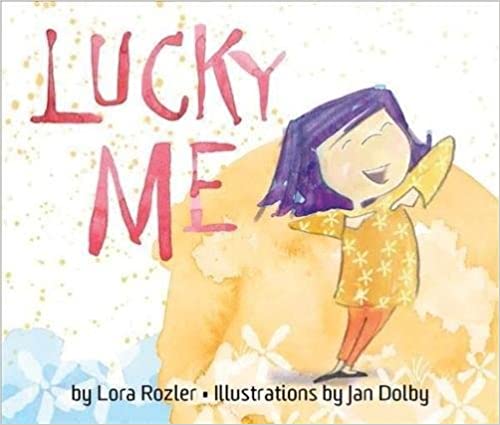As we witness an alarming rise in antisemitism worldwide, we’re reminded of the important role parents and educators play in pushing back against violence, intolerance and hate.
Now, more than ever, it is imperative for us to lead by example and instil compassion in our students’ hearts, an essential ingredient for a healthy, morally driven society. As our children’s most powerful influencers, we are their conduit to the world. The way we interact and talk about others, what we say, or don’t say, becomes vital in their understanding of the world. By reinforcing kindness, tolerance, and compassion, we embolden our children with the skills to live peacefully and comfortably in a diverse world.
Equally imperative is that while we teach our students to be accepting of different views, ideas and thoughts, a hard line must be drawn to disallow tolerance for destructive ideologies based on hate. Violence and its glorification should never be the end result of differing viewpoints. Nothing but destruction awaits there. Teachers can counteract learned biases and attitudes of intolerance that children may learn elsewhere. Stereotypes and lies must be challenged and rooted out through education.
When we explicitly teach our students to respect those who are different from us, the cycle of hate is challenged and disrupted. This is especially important in today’s world where we see hostility based on national and religious differences. We must prepare our students to live in a diverse world, with people that may have different beliefs and experiences than them. We must teach our children to look at the world from different perspectives and challenge the notion that differences make us enemies. Simply put, diversity means we have more partners to learn from. It is this uniqueness that enriches the world.
Most importantly in today’s world, we must teach our children not to tolerate hate. We must encourage them to counter evil with acts of kindness and love, with the inner light they all have.
With that in mind, I would like to share some of my poems from the book, A Sackful of Poems. It is my hope that they can be useful in starting important conversations with our students – discussions about tolerance, peace, empathy, kindness, diversity, acceptance, appreciating differences, and recognizing how our words and actions can hurt or heal.
With hope for a more compassionate future,
Lora
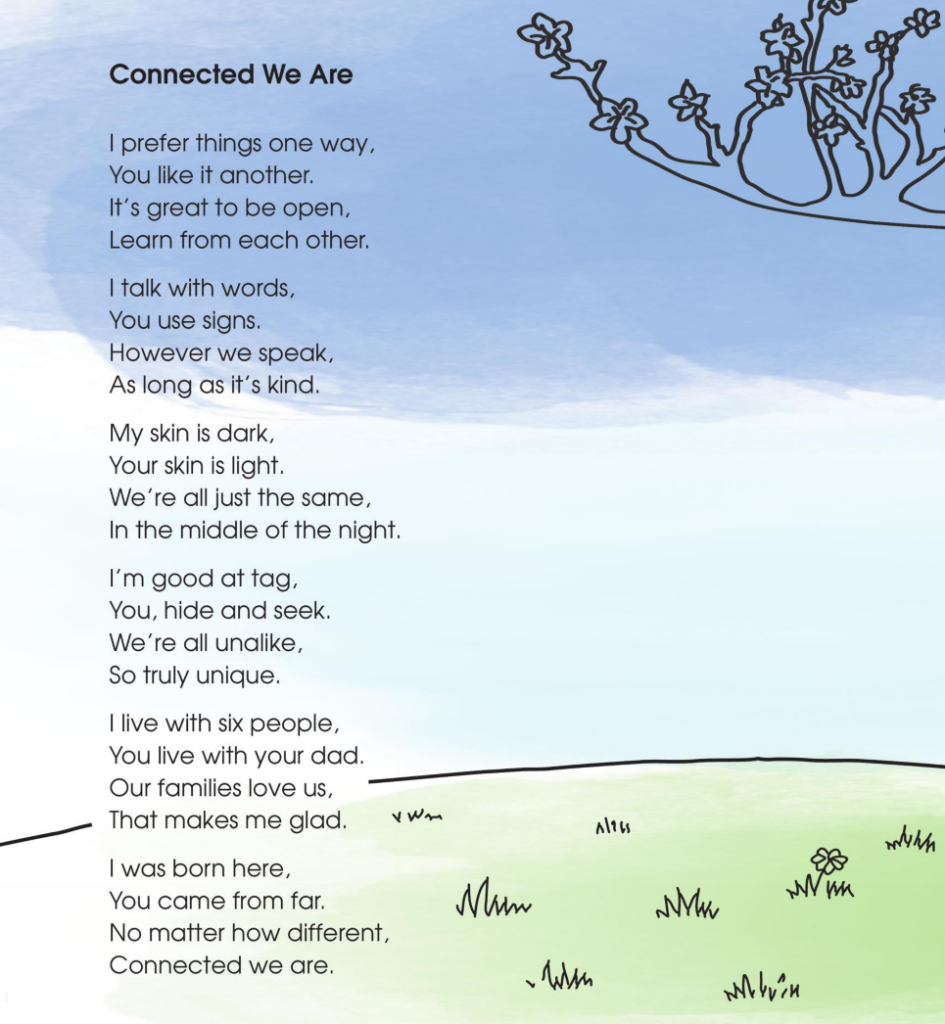
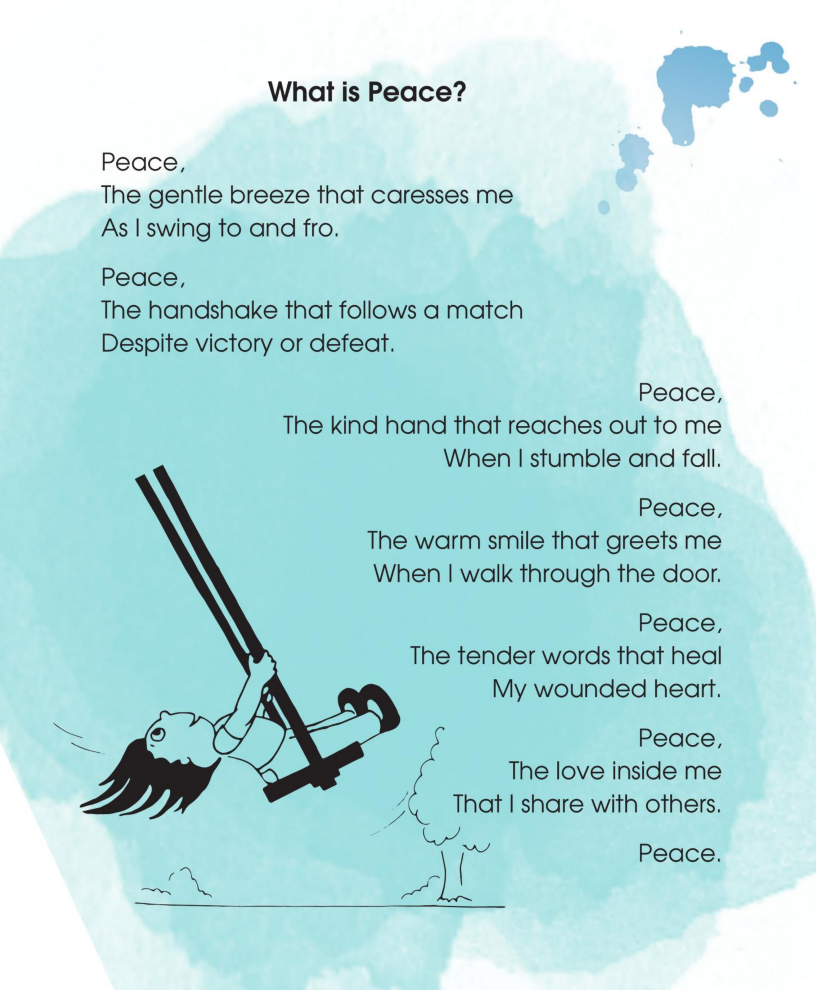
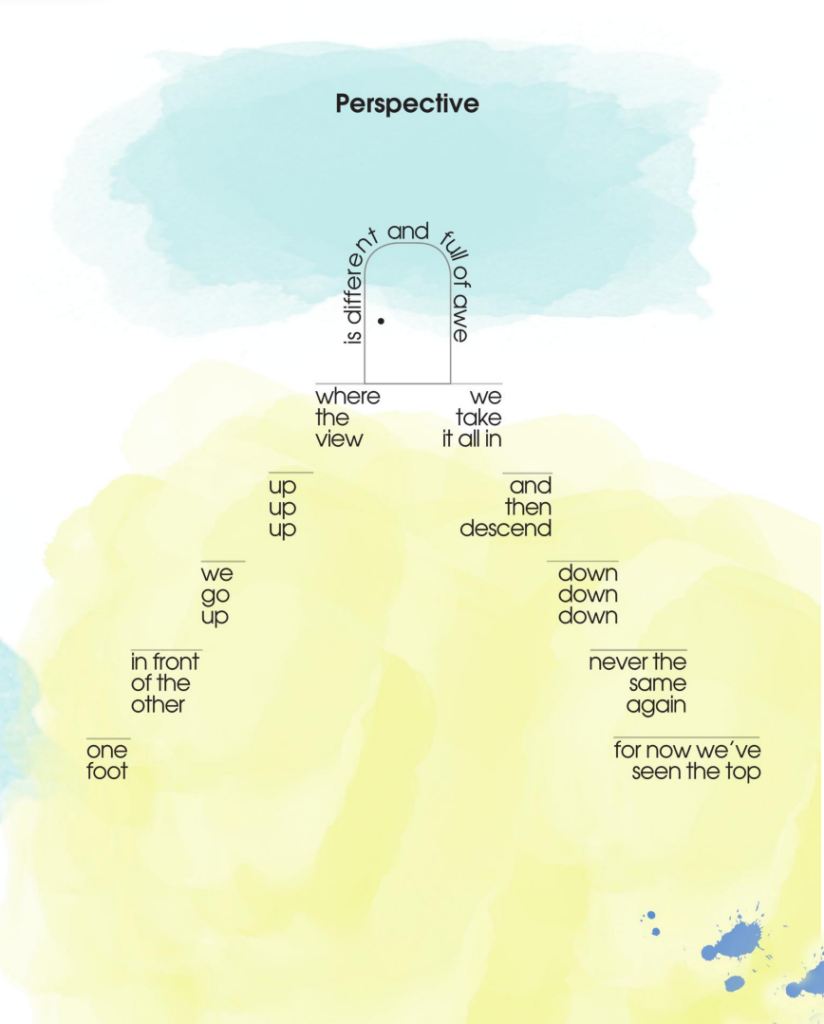
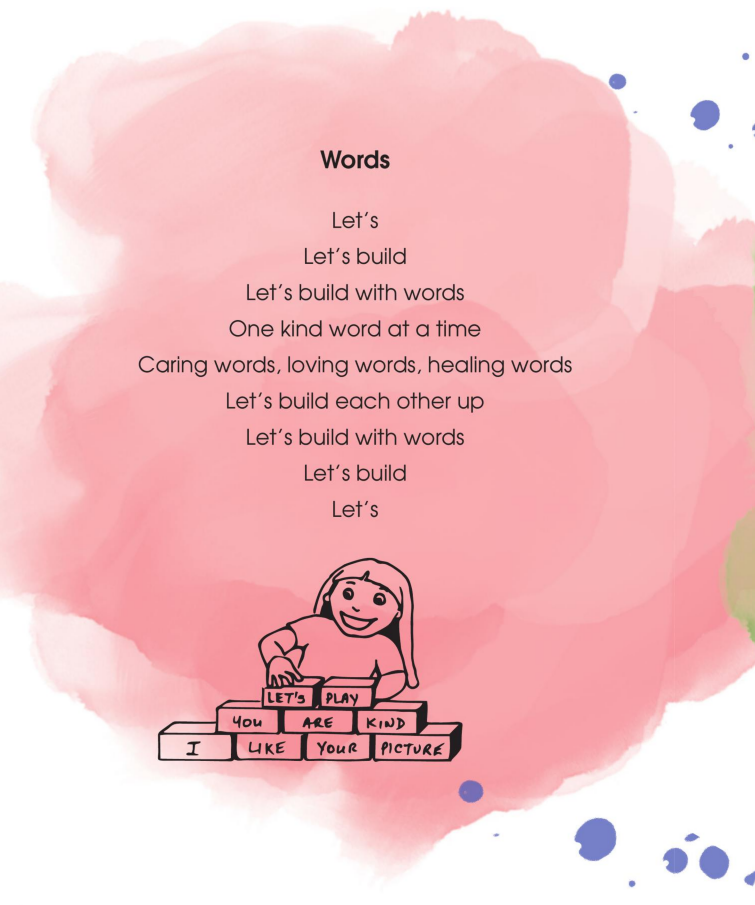
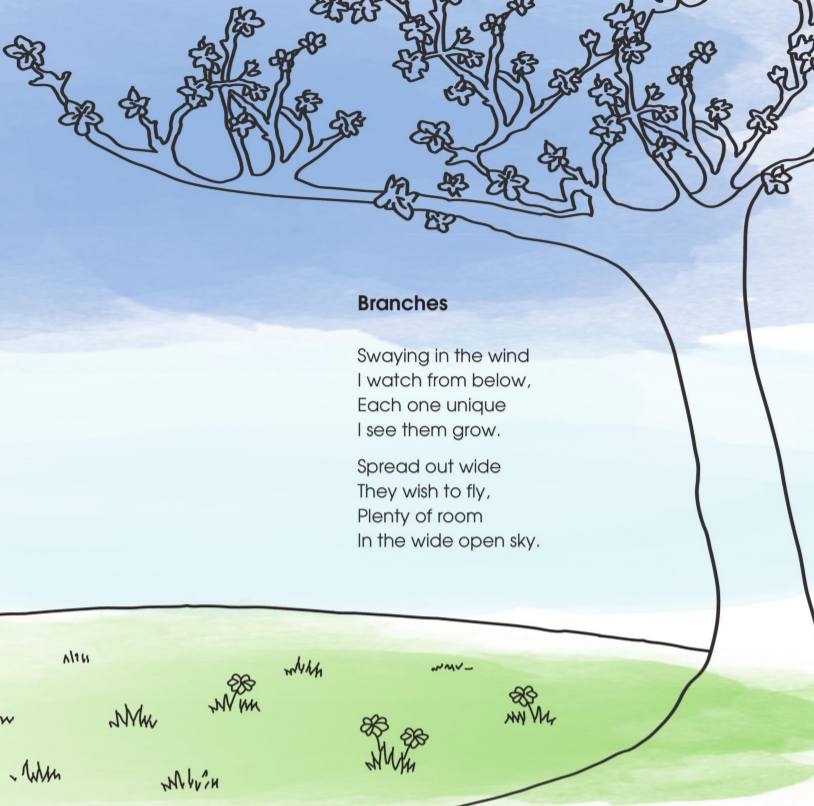
To download a free copy of the poems for your personal use at home or in the classroom, please click HERE.

